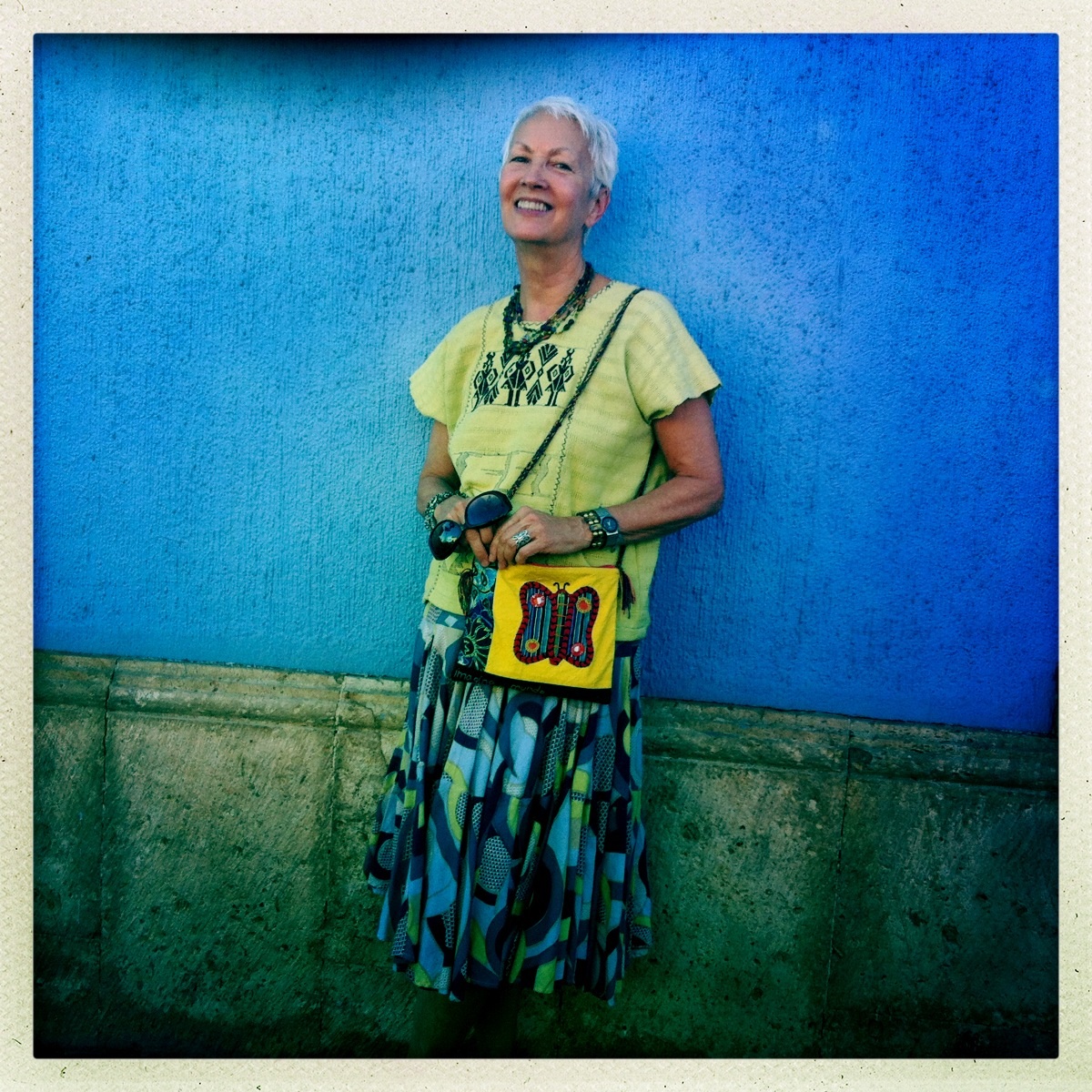I have a friend who is extremely smart; she probably has a genius I.Q. She’s also one of those people who seems to know a lot about everything. I often call her up when I’m faced with a decision about which I’m unsure.
The problem is that in telling me what to do she robs me of the opportunity to figure it out for myself. And often the most rational answer is not the best answer for me. I need to follow my gut instincts, my intuition. What I need in a friend is a sounding board, someone who will talk with me about the pros and cons, the opportunities and risks, ask me questions about what I really want, help me think it through myself.
By telling me the “right’’ answer, my friend is also reinforcing any lack of confidence underlying my uncertainty. She’s basically saying she knows best, while I probably don’t. Or at least that’s one of the feelings I often take with me after one of those frustrating “conversations.’’
I’ve come to believe that the reason people do this—especially really smart people—is that they haven’t ever realized how dangerous it is to tell another person what to do, no matter how minor the concern or decision.
I learned the hard way about that. Years ago, a close friend of mine discovered her husband was having an affair. She was devastated. She sought my counsel, and the counsel of a few other mutual friends, day in and day out. She shared her sadness and anger, her confusion and uncertainty. She talked and cried almost ceaselessly.
Perhaps we who are the listeners in such circumstances feel especially empowered to share our opinions about what the suffering person should do. After all, we’d been spending hours listening, we knew our friend, we knew her philandering husband. Couldn’t we see clearly what she should do?
We talked among ourselves, and most of us agreed she should leave him. Boot him out. Divorce him. Start over. Most of us shared that opinion with her. More than once. Probably every time she told us of the latest development in the painful drama.
To her credit, while she may have felt swayed by our opinions, she made a different choice, the choice that felt right for her. She stayed in the relationship, set boundaries, made her demands. He ended the affair. They sought counseling. That was 20 years ago. They have a beautiful family and a successful business, and they seem happy.
I was wrong. Dead wrong. And so was everyone else who advised our friend to divorce her husband. We lacked the humility to see that what might be right for us in similar circumstances might not be right for her, what might seem rational to us might not be appropriate for her. We failed to see that she needed to come to her own conclusion, one that was in agreement with her own spirit and Higher Power. Thank goodness she did.
What she most needed from us was our willingness to listen, ask questions, and help her see all the options. She needed to hear from us that we loved and cared for her, that we wanted to support her in any way we could, and that we would stand by her no matter what choices she made, and no matter the outcomes (with none of that “I told you so’’ business).
Our Big Opinions had other consequences, too: Because we were so certain about his “badness’’ and her “goodness’’ and what she should do, and because she didn’t take our advice, some of us had a difficult time re-engaging with them as a couple as they struggled into their revised relationship. Friendships faded.
We all have plenty of life situations in which we must make decisions for others—our children, elderly parents, clients, employees, patients. It’s not as if we don’t get to share the fruits of our intellect and experience with others. But outside of those circumstances, it’s best to hew to the familiar 12-step maxim of sharing only our “experience, strength and hope” with each other. In other words, the wisest adviser doesn’t give advice at all.
Telling someone else what to do is never a good idea. Constraining oneself from advising and counseling another in important matters is a mark of true humility and maturity. Even if someone asks for advice, it’s best to simply listen and ask questions. If you find yourself tempted to play the adviser, ask yourself, “What if I’m wrong? What unintended consequences might occur? If I tell her/him what to do, and they take my advice, and it’s bad advice, am I not responsible for the outcome?’’
I don’t mean to suggest that I never fall into the trap of offering advice. Like everyone, I have my moments of self-righteousness despite my best intentions. But I have learned over time that the shared process of inquiry is more gratifying than advising. When we engage in true dialogue with others instead of “advising,’’ we learn most about ourselves. We can see ourselves in our friend’s situation, have sudden insights about problems that are plaguing us, feel the answers materializing in the field between us. This is what humility, maturity and true friendship are all about.
The flip side of this is that when we find ourselves being the recipient of unwanted advice—as I do sometimes with that genius friend of mine—we must at the very least recognize that we are always empowered to ignore advice. We don’t have to listen, and we don’t have to act on another’s advice, no matter how rational it sounds. If we are capable of being truly honest, we can gently tell our friend that what we need is not advice but a good sounding board. In other words, maturity cuts both ways.
It should be patently obvious that these ideas fly in the face of our advice-obsessed culture and its endless TV and radio shows on which “experts’’ of various kinds tell troubled audience members how they should live their lives. (Of course we rarely see the follow-up or find out how the advice played out.) Many of those seeking advice are unwilling or unable to take responsibility for their own decisions, and many also have entirely unrelated reasons for participating in the shows. Some are no doubt seeking their “fifteen minutes of fame,’’ to borrow Andy Warhol’s phrase. Some may not even have the capacity to understand why they are engaging in a public display of personal suffering.
But as we all know, those shows don’t reflect real life—or perhaps reflect only a tiny and surrealistic slice of it. Because in real life, as we mature, we come to know that Cicero was right: “Nobody can give you wiser advice than yourself.’’




